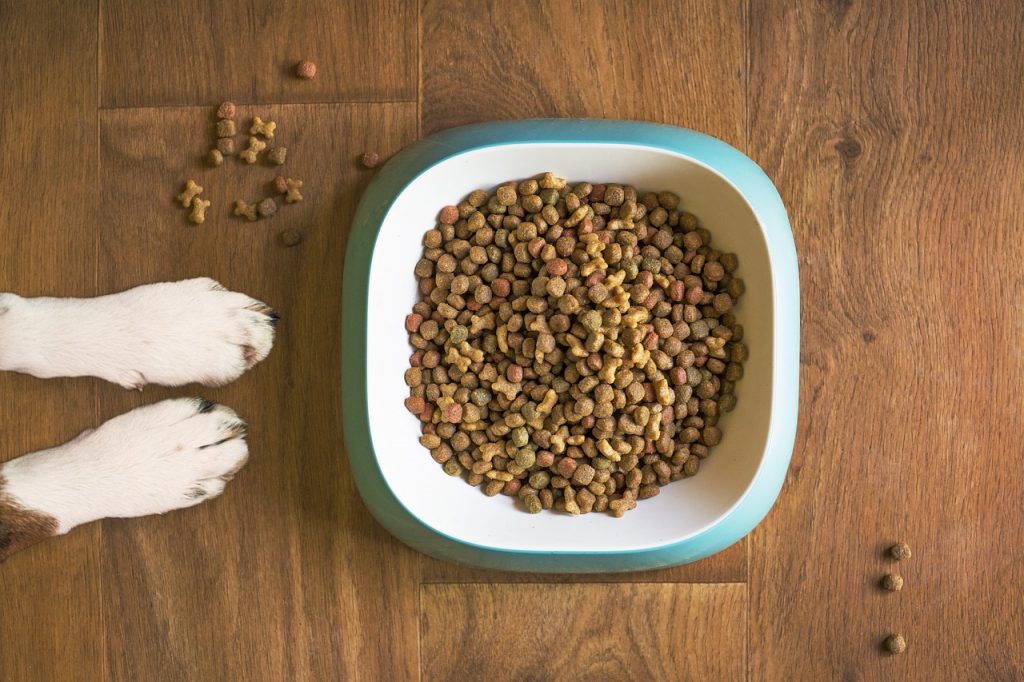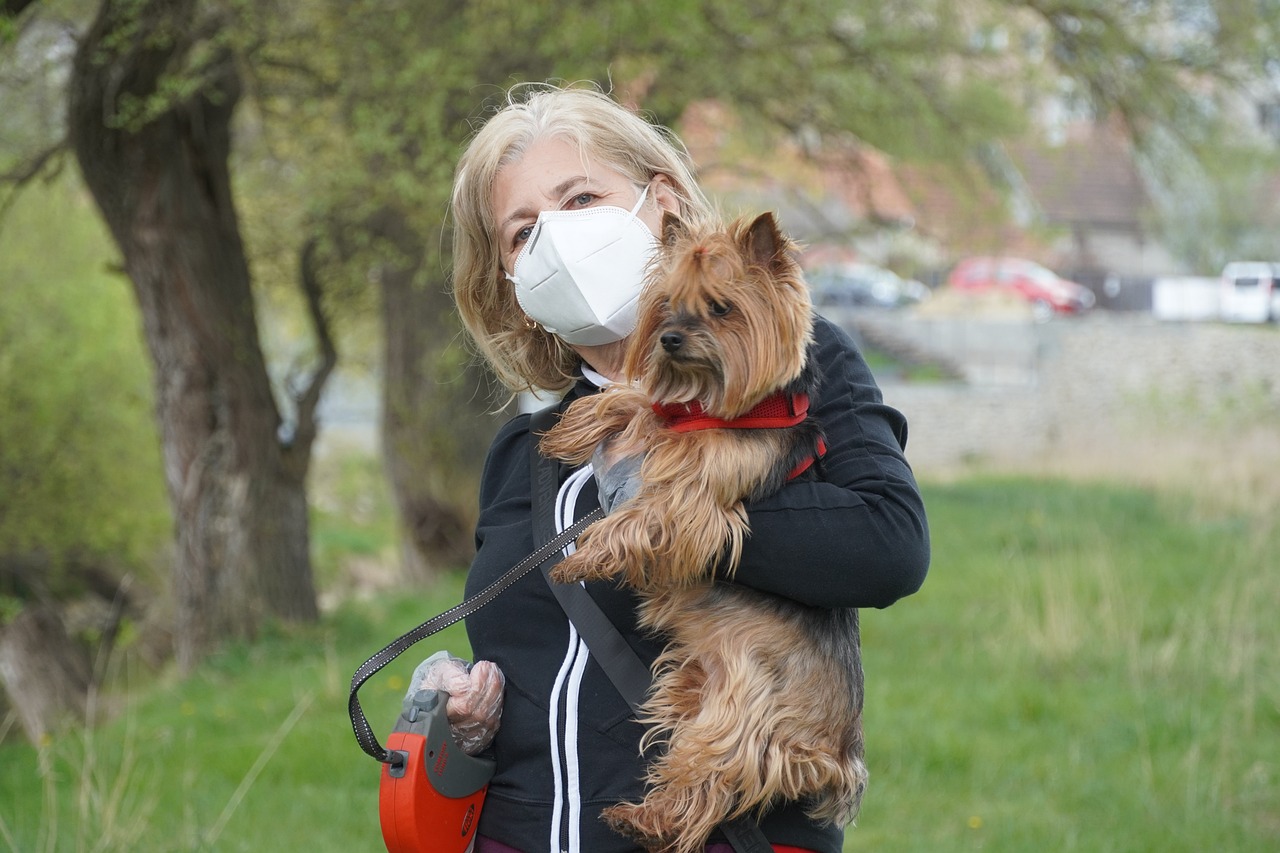When it comes to ensuring the health and well-being of your furry companions, one of the most critical decisions you can make is choosing the right pet food. The food you provide directly impacts your pet’s health, energy, and overall quality of life. In this article, we’ll guide you through the process of selecting top-quality pet food that meets your pet’s specific nutritional needs and preferences.
Understanding Your Pet’s Nutritional Needs
To make the best choice for your pet, it’s crucial to understand their unique nutritional requirements. Different pets, such as dogs and cats, have specific needs based on factors like age, breed, and size. Puppies, for example, require more protein and calories than senior dogs. The same principles apply to cats.
What Makes Quality Pet Food?
Quality pet food should contain a balanced combination of protein, carbohydrates, and fats. Protein is essential for muscle growth and repair, while carbohydrates provide energy. Fats are necessary for maintaining healthy skin and coat. Look for ingredients like real meat, whole grains, and healthy fats on the label.
Top Brands in the Market
There are several top-notch pet food brands known for their commitment to quality and nutrition. Brands like Royal Canin, Hill’s Science Diet, and Blue Buffalo are popular choices among pet owners. Each brand has its unique offerings, such as breed-specific formulas or limited-ingredient diets.
Dry vs. Wet Food
One of the primary decisions you’ll face is whether to feed your pet dry or wet food. Dry food is convenient and helps with dental health, while wet food can provide extra hydration. The choice may depend on your pet’s preference and specific health requirements.

Special Dietary Needs
Some pets may have special dietary needs due to allergies or sensitivities. Grain-free, low-fat, and limited-ingredient diets cater to these requirements. Consult with your veterinarian to determine if your pet needs a special diet.
Homemade vs. Commercial Pet Food
While homemade pet food has its appeal, commercial pet food is formulated to meet the specific nutritional needs of pets. If you decide to prepare homemade food, consult your vet for guidance and ensure a balanced diet.
Allergies and Food Sensitivities
Pets, like humans, can have allergies and food sensitivities. Common allergens include grains, chicken, and dairy products. If your pet exhibits symptoms of food allergies, consult your veterinarian for guidance.
Reading Pet Food Labels
To make an informed choice, learn how to read pet food labels. Pay attention to the ingredient list, as the first few ingredients are the most important. Check for the guaranteed analysis to understand the nutritional content.
Consulting with a Veterinarian
Never underestimate the role of a veterinarian in your pet’s nutrition. They can recommend the best food for your pet’s age, health condition, and breed. Regular check-ups will help ensure your pet’s nutritional needs are met.
User Reviews and Recommendations
User reviews and recommendations can be valuable when choosing pet food. Websites and forums dedicated to pet owners often feature real experiences and opinions. Use these resources to gather insights from other pet lovers.
Budget Considerations
Budget plays a significant role in pet food choices. There are quality options available at various price points. Be sure to explore the right balance between cost and quality. You can also look for discounts and bulk purchase options.
Ethical and Sustainable Pet Food
Consider the ethical and environmental aspects of your pet food choices. Look for brands that prioritize sustainable and ethical practices in their production. Supporting such brands ensures a better future for both your pet and the planet.
Common Misconceptions
There are many misconceptions about pet food and nutrition. Some of these myths can lead to poor choices. We’ll address and debunk common misconceptions with evidence-based information.
Conclusion
In conclusion, providing your pet with top-quality nutrition is a crucial aspect of responsible pet ownership. The right pet food can improve their overall health, longevity, and happiness. By understanding your pet’s specific needs, reading labels, and consulting with a veterinarian, you can make informed choices that benefit both you and your beloved pet.

Frequently Asked Questions (FAQs)
- How much should I feed my pet each day?
- The recommended daily serving varies by brand and pet size. Check the feeding guidelines on the pet food label or consult your veterinarian for personalized advice.
- Are homemade pet diets safe?
- Homemade diets can be safe if they are balanced and meet your pet’s nutritional needs. Always consult with a veterinarian to ensure you’re providing the right nutrients.
- What are the common signs of pet food allergies?
- Common signs include skin problems, digestive issues, ear infections, and excessive scratching. If your pet displays these symptoms, consult with your vet.
- How often should I switch my pet’s food?
- Avoid frequent food changes unless recommended by your veterinarian. Sudden switches can upset your pet’s stomach. Gradual transitions are usually the best approach.
- What is the role of water in my pet’s diet?
- Water is essential for your pet’s health. Make sure your pet has access to clean, fresh water at all times, as it helps with digestion and overall well-being.







